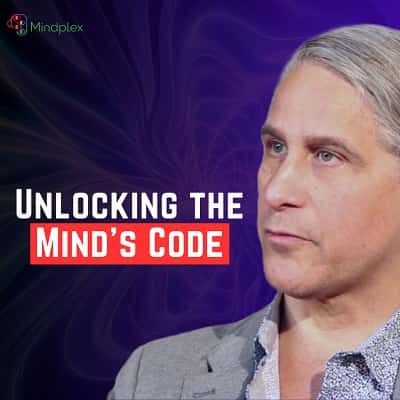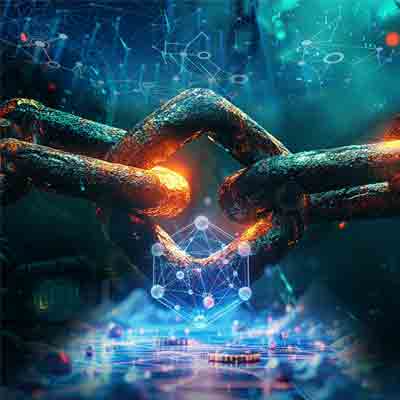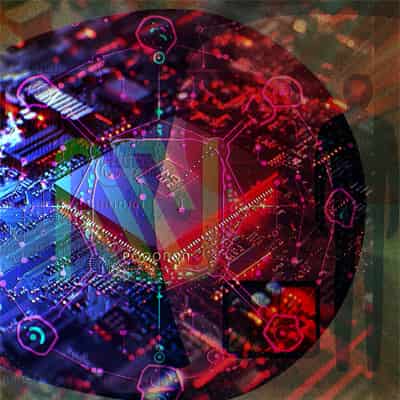- all
- popular
- trending
- most recent

A new blockchain called Bounce
Satellites help new blockchain Bounce process transactions faster and save energy compared to Solana and Bitcoin.

Up Close & Personal with Dan Finlay | Mindplex Podcast S3EP1
Join MetaMask Co-founder Dan Finlay as he gives us a personal tour of MetaMask's new exciting features and shares his thoughts on memecoins, consent, security and decentralized web development.

The Isomorphic Origin Of Life And Mind | MCP Episode 18
In this inspiring episode, Gregory Meredith shares his unique journey—from early childhood insights into the fundamental particles of the universe to revolutionizing concurrent computation and contributing to systems biology.

MetaMask Drops MASSIVE Upgrades You Absolutely Need To Know
Co-founder Dan Finlay unpacks MetaMask’s new multichain features—lower gas fees, native support for Bitcoin, Solana, and Ethereum, plus Cardano via Snaps. Stay tuned! Follow Mindplex YouTube for the full podcast!

Top New 2025 L1 Chains: Monad, Berachain and HyperLiquid
The next wave of L1 blockchains is here. Monad promises speed, Berachain revolutionizes liquidity, and Hyperliquid blurs the line between DEX and blockchain. Can they outshine the competition?

Fully Homomorphic Encryption: Revolutionizing Crypto Privacy
Fully Homomorphic Encryption: the key to crypto's future or just a challenge-filled dream? Explore its promise, hurdles, and game-changing potential.

Quantum vs. Bitcoin: The New Crypto FUD?
Google's Willow quantum chip has reignited concerns about cryptocurrency security. Here's what quantum computing means for Bitcoin's future. How soon will quantum threats become real?

Crypto's Real-World Impact in 2024: Beyond Speculation
As crypto integrates into infrastructure and finance, 2024 reveals blockchain’s tangible potential beyond speculation.

What are Web3 Oracles? An Introduction
Crypto oracles provide blockchain systems with external data, enabling complex smart contracts. Explore how this bridge to reality transforms decentralized finance and beyond.

What is Nosana: Decentralized GPU Computing for AI Inference
Nosana brings decentralized AI computing to the forefront. Discover how this Solana-based project could change GPU access, making AI development more affordable and scalable for the Web3 future.


.png)

.png)


.png)